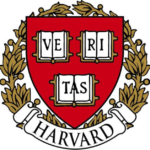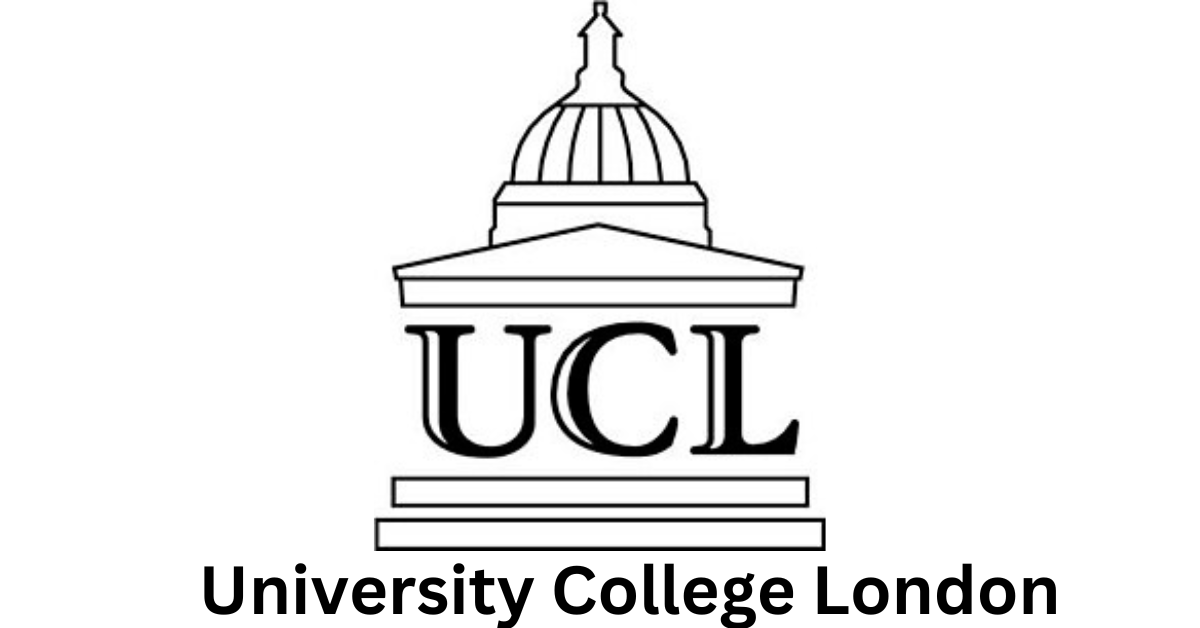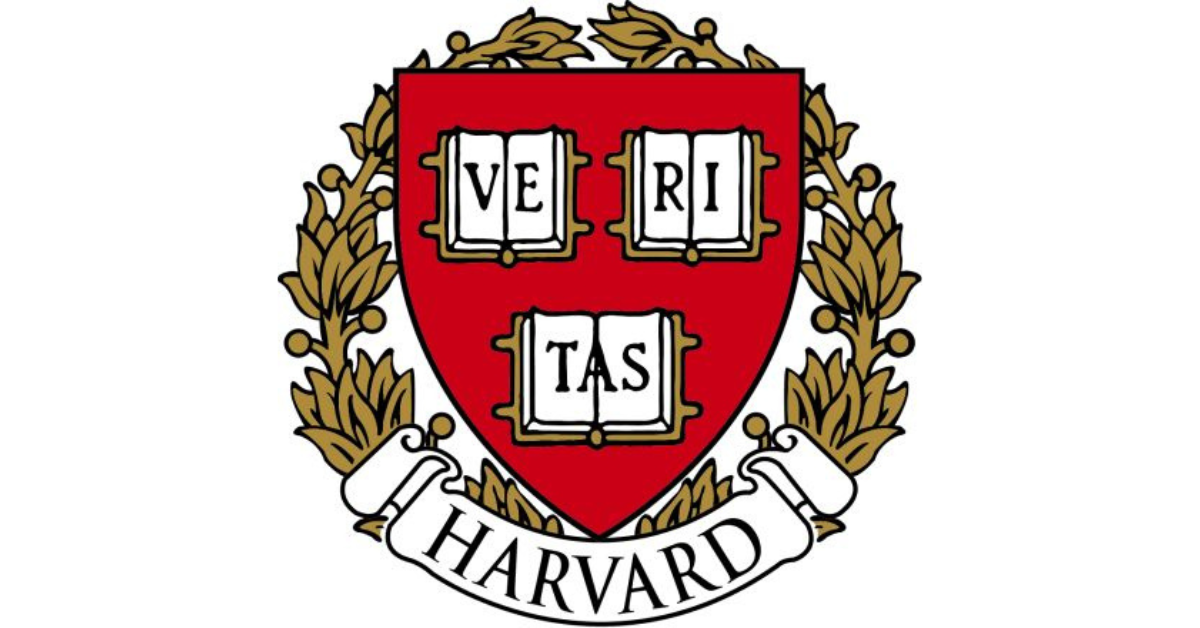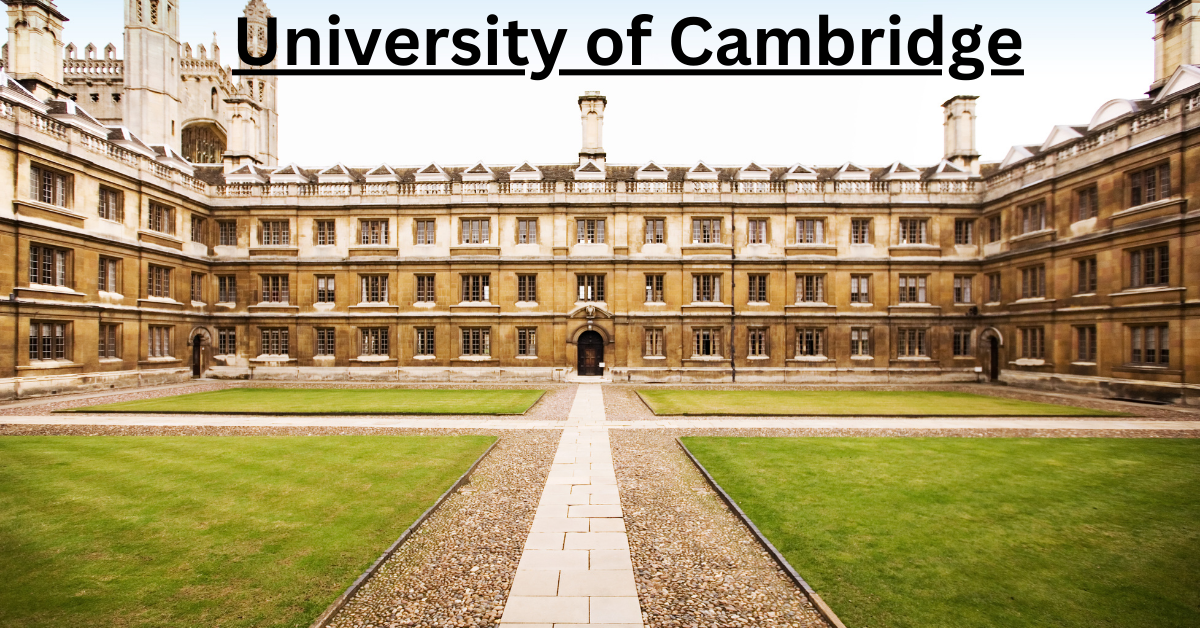Introduction
The National University of Singapore (NUS) stands as one of the premier institutions of higher learning in Asia and the world. Renowned for its rigorous academic programs, innovative research, and a commitment to nurturing talent, NUS has earned a distinguished reputation over the years. This article explores the multifaceted dimensions of NUS, highlighting its history, academic offerings, research initiatives, global collaborations, and contributions to society.

Historical Background
The origins of NUS trace back to 1905 with the establishment of the Straits Settlements and Federated Malay States Government Medical School, aimed at addressing the need for a local medical school. This institution evolved into the King Edward VII College of Medicine in 1912. Parallelly, Raffles College was established in 1928 to provide tertiary education in arts and sciences. In 1949, these two colleges merged to form the University of Malaya, which later split into two autonomous institutions in 1962: the University of Malaya in Kuala Lumpur and the University of Singapore. In 1980, the University of Singapore merged with Nanyang University to form the National University of Singapore.
Academic Excellence
NUS offers a comprehensive range of undergraduate and postgraduate programs across various disciplines. The university comprises 17 faculties and schools, including the Faculty of Arts and Social Sciences, Faculty of Science, Faculty of Engineering, NUS Business School, Faculty of Law, Yong Loo Lin School of Medicine, Faculty of Dentistry, and the School of Design and Environment. Additionally, the Duke-NUS Medical School, established in partnership with Duke University in the United States, represents NUS’s commitment to advancing medical education and research.
The undergraduate curriculum at NUS is designed to provide a broad-based education while allowing students to specialize in their chosen fields. The University Scholars Programme (USP) and the NUS Overseas Colleges (NOC) program offer students unique opportunities for interdisciplinary learning and entrepreneurial development. The USP emphasizes a holistic education through rigorous academic coursework and enrichment activities, while the NOC program enables students to intern with startups and attend academic courses at partner universities abroad.
Research and Innovation
NUS is at the forefront of research and innovation, addressing global challenges through interdisciplinary approaches. The university’s research strategy focuses on four key areas: biomedical sciences, engineering, science and technology, and the humanities and social sciences. NUS hosts numerous research institutes and centers, including the Institute of South Asian Studies (ISAS), the Energy Studies Institute (ESI), and the Mechanobiology Institute (MBI).
The NUS Research Institute (NUSRI) in Suzhou, China, exemplifies the university’s international research collaboration. NUSRI fosters research partnerships between Singapore and China, focusing on areas such as biomedical engineering, environmental science, and information technology. Moreover, NUS’s collaboration with Yale University led to the establishment of Yale-NUS College, an autonomous liberal arts college in Singapore, promoting a liberal arts education within an Asian context.
The CREATE (Campus for Research Excellence and Technological Enterprise) initiative, located at the NUS University Town, brings together researchers from leading global universities and institutions to work on cutting-edge projects. Collaborators include MIT, ETH Zurich, and the Hebrew University of Jerusalem, among others. This multidisciplinary approach accelerates innovation and the development of new technologies to address pressing global issues.
Global Partnerships and Collaborations
NUS maintains strong global partnerships with leading universities and research institutions worldwide. These collaborations enhance the university’s academic and research capabilities, providing students and faculty with opportunities for international exposure and exchange. NUS’s strategic alliances include the Association of Pacific Rim Universities (APRU), Universitas 21, and the International Alliance of Research Universities (IARU).
The NUS Overseas Colleges program is a testament to the university’s commitment to nurturing entrepreneurial talent and fostering global mindsets. The program allows students to intern with startups in entrepreneurial hubs such as Silicon Valley, New York, and Beijing while taking courses at partner universities like Stanford University and Peking University. This unique blend of practical experience and academic learning equips students with the skills needed to thrive in a globalized economy.
Campus Life and Student Experience
NUS offers a vibrant campus life with a plethora of extracurricular activities, clubs, and societies catering to diverse interests. The university’s residential colleges, such as Tembusu College, Cinnamon College (USP), and Ridge View Residential College, provide a supportive environment for academic and personal growth. These residential colleges offer themed programs and activities that enhance the living-learning experience, fostering a close-knit community.
The University Town (UTown) is a distinctive feature of the NUS campus, offering state-of-the-art facilities, including residential spaces, teaching blocks, and research centers. UTown is home to the Education Resource Centre, which houses the flagship National University of Singapore Library, the NUS Enterprise Incubator (known as The Hangar), and various eateries and recreational facilities. This integrated space encourages collaboration, innovation, and a holistic educational experience.
Community Engagement and Social Responsibility
NUS is deeply committed to community engagement and social responsibility, actively contributing to the betterment of society through various initiatives. The university’s Centre for Social Development Asia (CSDA) conducts research and develops programs to address social issues in Asia, such as aging, social mobility, and community development. NUS students are encouraged to participate in community service projects, both locally and internationally, fostering a sense of civic responsibility and global citizenship.
The Chua Thian Poh Community Leadership Centre (CTPCLC) at NUS provides training and support for students interested in community leadership and social entrepreneurship. The center offers a range of programs, including the Community Leadership and Social Innovation Programme (CLSIP), which empowers students to develop sustainable solutions to social challenges. Through these initiatives, NUS nurtures future leaders who are equipped to make a positive impact on society.
Achievements and Recognition
NUS consistently ranks among the top universities globally and is widely recognized for its academic and research excellence. According to the QS World University Rankings 2024, NUS is ranked 11th in the world and 1st in Asia. The Times Higher Education World University Rankings 2024 also places NUS among the top 25 universities globally. These accolades reflect the university’s commitment to maintaining high standards of education and research.
The university’s faculty and alumni have made significant contributions to various fields, earning prestigious awards and accolades. Notable alumni include former President of Singapore S R Nathan, former Prime Minister of Singapore Goh Chok Tong, and Nobel Laureate in Physiology or Medicine Sydney Brenner. These achievements underscore NUS’s role in shaping leaders and innovators who contribute to society at national and global levels.
Future Directions
Looking ahead, NUS aims to further enhance its position as a leading global university by continuing to innovate in education and research. The university’s strategic initiatives focus on fostering interdisciplinary research, leveraging technology to enhance teaching and learning, and expanding global partnerships. NUS’s Vision 2025 outlines its commitment to addressing complex global challenges through impactful research and education, nurturing future-ready graduates, and contributing to the sustainable development of society.
NUS is also embracing digital transformation to stay at the forefront of education and research. The university’s digital strategy includes the development of online learning platforms, the integration of artificial intelligence and data analytics in research, and the creation of smart campus solutions. These initiatives aim to enhance the student experience, improve operational efficiency, and drive innovation in teaching and research.
Conclusion
The National University of Singapore has firmly established itself as a beacon of excellence in education and research, earning global recognition for its contributions to academia and society. Through its comprehensive academic programs, cutting-edge research initiatives, global collaborations, and commitment to social responsibility, NUS continues to shape the future of education and make a positive impact on the world. As NUS looks to the future, it remains dedicated to nurturing talent, fostering innovation, and addressing the challenges of a rapidly changing world, ensuring its place as a leading institution of higher learning on the global stage.








